#elgoogo project – Interviewing the criminologist Arije Antinori
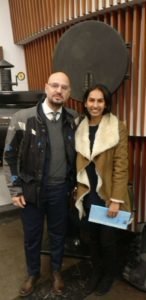
1. From a criminologist point of view, what is your opinion/ insight on online hate speech?
From a criminological perspective it is a serious problem because it can self- legitimate, motivate, inspire and trigger vulnerable people to be violent against the ‘Other’ who is considered as a ‘foreign object’ and is then rejected, attacked and at worst, killed.
2. As you may know that there is no global definition of speech. Do you think that not having a definition is problematic? If yes, in what way is it problematic?
From a global perspective, in particular focusing on the Web, the lack of a global definition can weaken the mitigation strategies (goals, instruments, actions and plans).
3. Why do you think hate speech online has increasingly become a global problem?
Because only a few years ago, the online hate speech was an isolated phenomenon relegated to extreme ideology of small groups. Nowadays, the development of mobile culture and the spread of fake news have transformed online hate speech into a more complex and threatening magnet for converging extremism, terrorism, populism movements, groups and individuals.
4. How do you think we can balance freedom of expression when it comes to hate speech?
The concept of freedom of expression is based on the symmetric relationship between human beings. This includes a deep understanding and respect of the ‘Other’ dignity, identity and their borders. Hate speech, on the contrary, is based on the asymmetric relationship between human beings. Here an individual uses his dominant perspective whereby he does not respect the identity and borders because he wants to discriminate and oppress the ‘Other’.
5. How can we ensure that freedom of expression is not used to justify hateful speech?
We must focus on the nature of the messages to always ensure the need of symmetric speech in terms of respect as a freedom key-factor.
6. Is there any solution to this problem? Any ideas on the best counter speech for this sort of problem?
I suggest the use of a holistic, comprehensive and multilevel (cultural, social, collective, individual and political) approach to achieve the mitigation of hate speech, which I believe should be the long-term perspective/strategy of tackling hate speech. This strategy will dismantle the stereotypes in a glocal (global+local) dimension with its main aim to foster awareness, educate and create a culture of respect.
7. What would you say is the biggest challenge in implementing your counter speech campaign?
It requires the need to be managed in a very effective way due to the (cyber-)social time factor especially in the Age of Post-Truth.
8. Do you think the use of regulations is an effective way to tackle this issue?
Yes, I do. The legal framework is always relevant. Anyway, in a very pragmatic point of view, we cannot forget the huge problem of regulating the Web in respect of freedom of expression and human rights.
9. If yes, what do you think is the best way to implement policy?
I think the best way is not just to focus on the current issues but to look at the evolution of hate speech scenario in the near future in terms of cybertrolling, persuasion, fake newsmaking, mainly to plan/act globally and strategically to develop, promote and foster long-term transgenerational education in every field (family, school, job, religion, sport, etc.). Prevention and mitigation are the key-words.
Key words:
• ‘Other’: other-than-self. Relating to the self-legitimation of a dominant-submissive relationship an asymmetric approach to people.
• ‘Age of Post-Truth’: Relating to or denoting circumstances in which objective facts are less influential in shaping public opinion than appeals to emotion and personal belief.

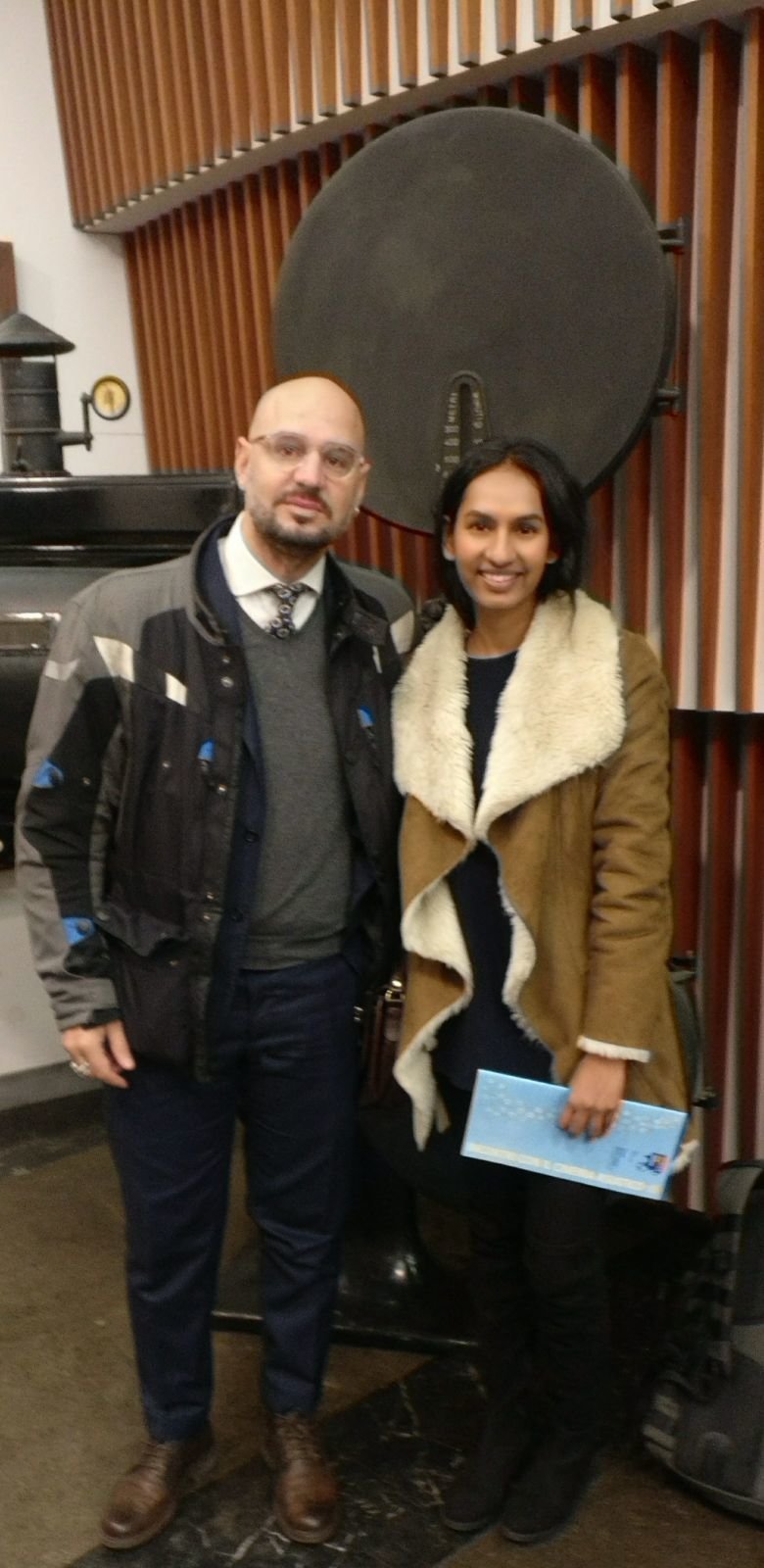

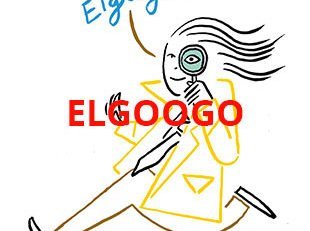
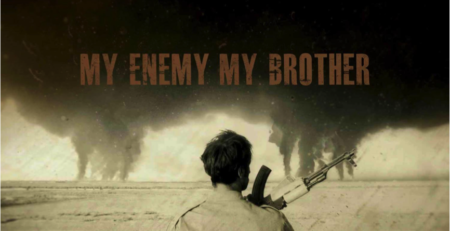


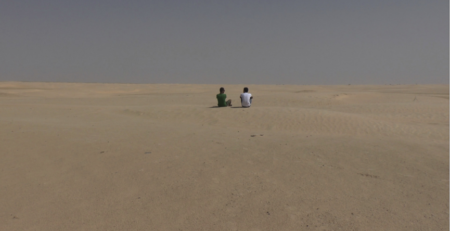
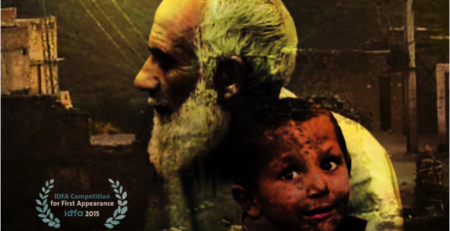
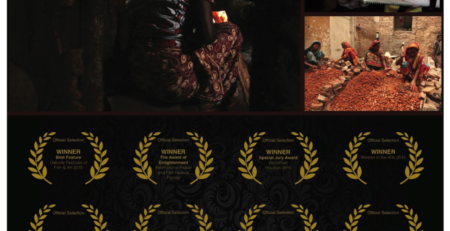
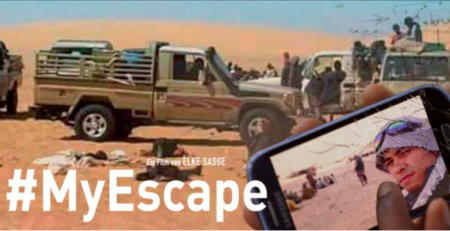
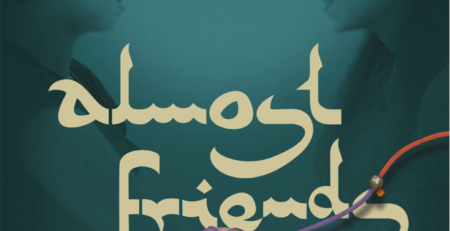
Leave a Reply